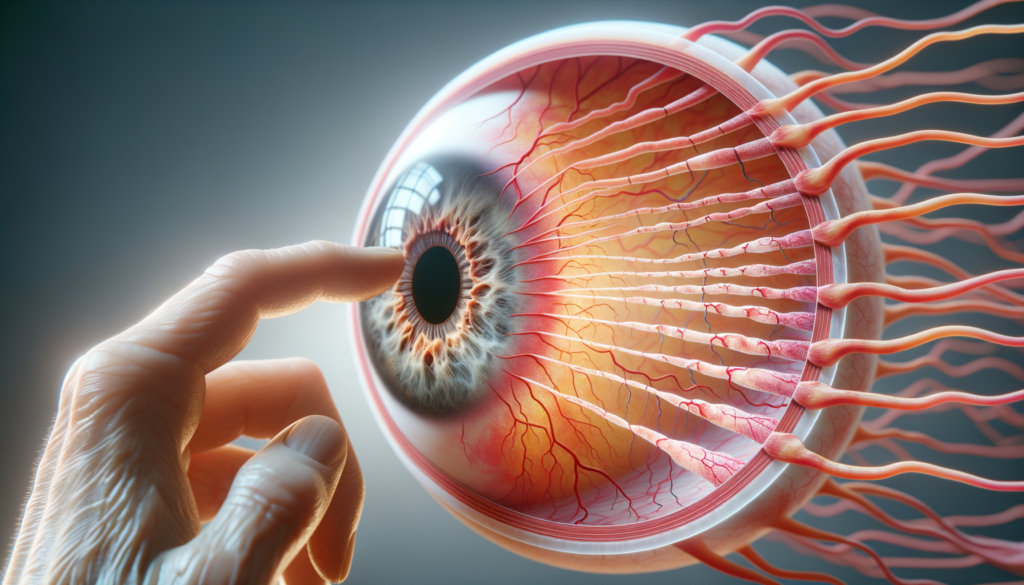The Technology Blog

Understanding Advanced Macular Degeneration Treatments for Seniors
Introduction to Macular Degeneration
Macular degeneration is a prevalent eye condition, especially among seniors, that leads to vision loss in the center of the visual field. This condition primarily affects those over the age of 50 and is a leading cause of vision impairment in older adults. Understanding the nature of macular degeneration is crucial for early detection and management, which can significantly impact quality of life.
There are two main types of macular degeneration: dry and wet. The dry form is more common and progresses slowly, while the wet form, though less common, can lead to rapid vision loss. Recognizing the symptoms, such as blurry vision or difficulty recognizing faces, is essential for seeking timely medical advice. With advancements in medical science, various treatment options are now available, offering hope to those affected by this condition.
Current Treatment Options
For those diagnosed with macular degeneration, understanding the available treatments is vital. Treatment options vary depending on the type and stage of the condition. For dry macular degeneration, lifestyle changes and nutritional supplements are often recommended to slow progression. These may include a diet rich in leafy greens, fish, and nuts, alongside specific vitamins and minerals known to support eye health.
In contrast, wet macular degeneration often requires more aggressive treatment. Anti-VEGF (vascular endothelial growth factor) injections are commonly used to reduce the growth of abnormal blood vessels in the eye. These injections can help stabilize vision and, in some cases, improve it. Additionally, laser therapy and photodynamic therapy are options that may be considered based on individual circumstances.
Discussing these options with an eye care professional is crucial to tailor a treatment plan that best suits the patient’s needs and lifestyle. Regular monitoring and follow-up appointments are essential to assess the effectiveness of the treatment and make necessary adjustments.
Emerging Therapies and Future Directions
The field of ophthalmology is continually evolving, with new research and technologies offering promising avenues for treating macular degeneration. Gene therapy is one such area that is being explored, aiming to address the genetic components of the disease. By targeting specific genes responsible for macular degeneration, researchers hope to develop treatments that can halt or even reverse the condition.
Stem cell therapy is another exciting development, with the potential to regenerate damaged retinal cells. Clinical trials are underway to assess the safety and efficacy of these treatments, and early results are encouraging. Additionally, advancements in drug delivery systems are being investigated to improve the administration of existing treatments, making them more effective and less invasive.
While these emerging therapies are still in the experimental stages, they represent a beacon of hope for those affected by macular degeneration. Staying informed about these developments and maintaining open communication with healthcare providers can help patients make informed decisions about their care.
Conclusion
For individuals and families dealing with macular degeneration, understanding the condition and the available treatments is crucial. While current therapies offer ways to manage and slow the progression of the disease, emerging research holds the promise of more effective solutions in the future. By staying informed and actively participating in their care, patients can maintain a better quality of life and preserve their vision for as long as possible.
As with any medical condition, early detection and intervention are key. Regular eye exams and awareness of symptoms can lead to timely treatment, which is vital in managing macular degeneration effectively. With ongoing advancements in medical science, the future looks promising for those affected by this challenging condition.









